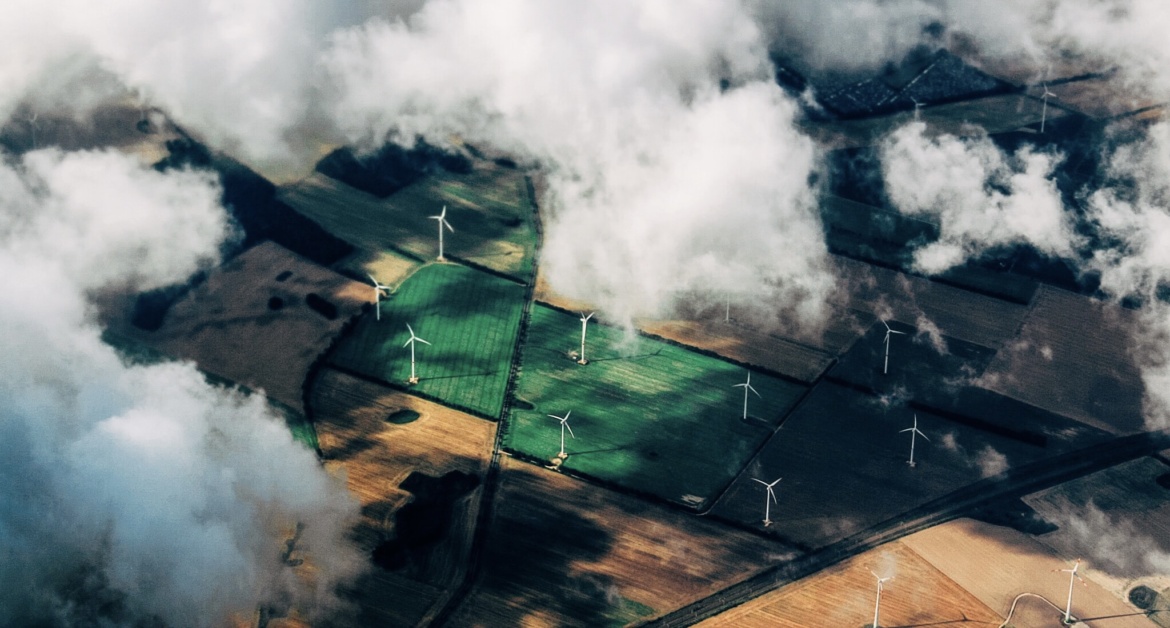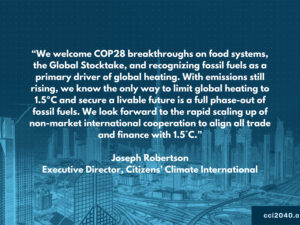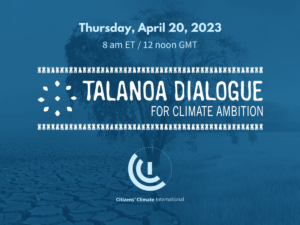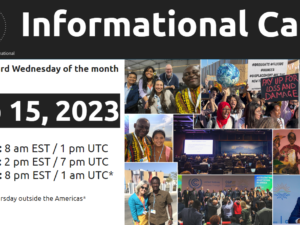
The Citizens’ Climate International special guest speaker for May was Rachel Kyte, Dean of the Fletcher School at Tufts University. Dean Kyte has previously served as World Bank Vice President and Special Envoy for Climate, leading creation of the Carbon Pricing Leadership Coalition. She went on to serve as Special Representative of the United Nations Secretary-General and CEO of Sustainable Energy for All.
She now serves as:
- co-chair of the Steering Committee for the Voluntary Carbon Markets Integrity Initiative;
- member of the Steering Committee of the United Nations Global Crisis Response Group for Food, Energy, and Finance and co-chair of its Energy workstream;
- member of the U.N. Secretary-General’s High-Level Advisory Group on Climate Action and an advisor to the U.K. presidency of the COP26;
- member of the Food System Economics Commission.
Her core message to Citizens’ Climate volunteer policy advocates was that we have wasted too much time with inaction, and now we need to push through multiple crises, making sure always to insist on high integrity and accountability. This is a time of complexity, and compounding risks; decisions taken now will determine our chances of a future free from climate emergency.
Dean Kyte put the moment in context, saying:
“We are paying the price for decades of underinvestment in infrastructure. The economic consequences of pandemic were already severe, with developing countries facing liquidity stress and debt distress, with severely disrupted supply chains, rising energy prices and food prices…”
All of this is exacerbated by climate disruption. Now, Russia’s war on Ukraine is making matters far worse. We are facing a global food security crisis and the risk that governments may turn away from the necessary level of climate ambition. We cannot afford such a mistake.
Citizens and stakeholders need to urge governments, especially leading industrial democracies across the G7, to stick to their commitments and support global success in the fast-moving climate-smart economic transition. We need to demand, she said, that leaders “be able to manage the poly-crisis” defining so many decisions of our moment.
Dean Kyte noted that even while they make a “handbrake turn” to shore up non-Russian energy supplies, G7 governments should heed IEA reporting showing energy efficiency as the “first fuel” for eliminating carbon pollution from the energy system. Energy efficiency could transform energy-related finance across sectors, and accelerate the green transition.
Asked about political corruption in some countries, she noted finance needs to get to climate resilient development projects, on the ground, so communities can build locally led clean economies. On the verifiability of carbon credits and offsets, she cited “the good, the bad, and the ugly”:
- The ugly, she said, tend to be uncovered and called out quickly by civil society watchdogs and other monitoring entities.
- The bad can be a mix of deceptive marketing (“greenwashing”) and poor performance on good intentions (“greenwishing”). There needs to be more effort on moving from wishes and intentions to real-world decarbonization.
- The good is often not good enough, or not mainstream enough. We need to bring each of the elements of good decarbonization and pricing to scale, including performance metrics and reporting.
To move everything toward the good, the Voluntary Carbon Markets Integrity initiative will publish guidance in the form of a code of practice for corporate claims in voluntary carbon markets. That code will be beta tested by companies committed to working with high integrity toward verifiable mitigation outcomes. In response to a question on the subject, she agreed that non-market approaches to cooperative decarbonization can—if properly designed and administered—play a role in eliminating greenwashing and mobilizing truly green finance flows.
The international community has critical tools that can steer major financial flows toward climate mitigation, adaptation, and resilience measures. Dean Kyte cited the $650 billion in Special Drawing Rights the International Monetary Fund can use to help countries in need, as one of those powerful levers of action. Nearly 200 nations endorsed this idea in the Glasgow Climate Pact, agreed in November at the COP26 UN Climate Change negotiations.
Since COP26, talk of finance often turns to “the $130 trillion”—the historic collective commitment of more than 450 financial institutions through the Glasgow Financial Alliance for Net Zero, accounting for one-third of all financial wealth globally. That money needs to find real-world climate-resilient development opportunities, aligned with science-based pathways to global net zero carbon emissions, in line with 1.5ºC of global heating.
The wellbeing of people, communities, and nature, will depend on how efficiently we transition, as a global community, to a new economic reality, in which mainstream finance is climate-smart and nature-positive. That leaves us with three key insights from the call:
- Climate-related risk now touches nearly every aspect of public and private decision-making, and those risks are compounding.
- Carbon pricing policies designed to operate with high integrity across all sectors can create the market incentive to make sure that money makes real change happen.
- Everyday life is part of the process of decision-making that will steer us right, or wrong, together, so how we use our civic space could be decisive.








